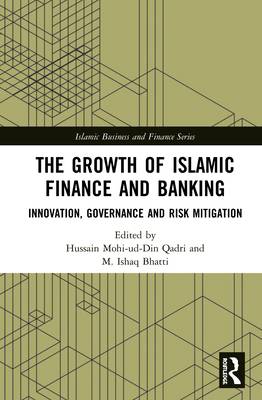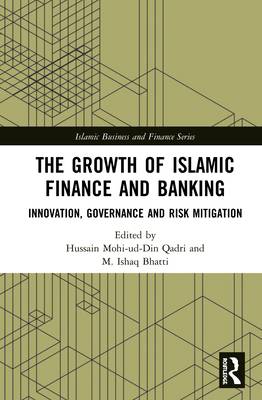
- Retrait gratuit dans votre magasin Club
- 7.000.000 titres dans notre catalogue
- Payer en toute sécurité
- Toujours un magasin près de chez vous
- Retrait gratuit dans votre magasin Club
- 7.000.000 titres dans notre catalogue
- Payer en toute sécurité
- Toujours un magasin près de chez vous
The Growth of Islamic Finance and Banking
Innovation, Governance and Risk Mitigation
Description
This book covers the recent literature concerning Islamic banking and finance (IBF), focuses on the history of IBF since its inception and introduces the latest innovative concepts and practices in the field.
The authors cover important topics such as the role of ownership, Shari`ah compliance and governance structures in raising debt capital using IBF practices, including Fatwa issues and the use of benchmarking practices. The book also addresses topics like archival data, the influence of leverage on ownership structure, and sukuk structures, as well as misconceptions, threats, challenges and opportunities in IBF. Finally, the book deals with prominent issues such as business score-carding, Takāful (Islamic Insurance), IBF implications for block-chain-based fintech and finance hub concepts in Islamic microfinance models.
This edited volume is an important contribution to the IBF literature as it provides a much-needed in-depth look into industry practices through the perspective of corporate finance and governance. With its interdisciplinary approach covering legal and financial issues along with a wide variety of notable contributors, this book will be a valuable reference guide to both teachers and students of Islamic banking and economics.
Spécifications
Parties prenantes
- Editeur:
Contenu
- Nombre de pages :
- 346
- Langue:
- Anglais
- Collection :
Caractéristiques
- EAN:
- 9780367205881
- Date de parution :
- 18-09-19
- Format:
- Livre relié
- Format numérique:
- Genaaid
- Dimensions :
- 160 mm x 234 mm
- Poids :
- 657 g






